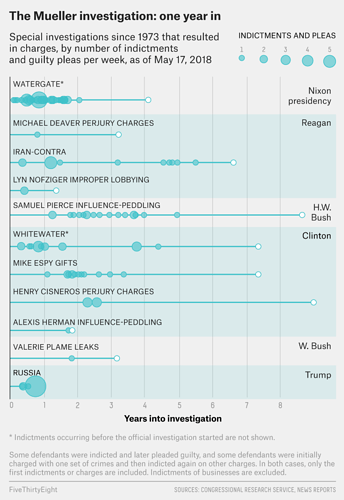T setting up one of his defense strategies via pardons. He short circuits the legal system, and a doctrine of fairness which has been more or less adhered to by the Presidents who have a bit more integrity (exceptions of course - Nixon wanted to pardon Haldeman/Erlichman, Ford pardoned Nixon, and Clinton pardoned Marc Rich) As Ruth Marcus points out, those who were charged with crimes should pay with their time, and given some short period - 5 years to atone. Then a pardon might be considered.
WIth T - it is capricious and vindictive instincts (aimed at Comey, Fitzgerald - lawyers who proscecuted Martha Stewart and Blagojevich.) And also very much aimed at a ‘get out of jail’ card notice to Manafort, Cohen and Stone.
If, as is often said, a president’s budget proposal presents a glimpse of his heart, a president’s use of his pardon power offers a companion, and even more telling, X-ray of his soul.
Writing a budget involves making trade-offs and priorities, but these must be examined and ratified by others, elsewhere. The power to pardon is more uniquely personal, both in that pardons tend to be granted to individuals, based on the circumstances of their particular cases, and in that it is an authority that resides solely within the purview of the president.
Yet there is something particularly wrong, particularly askew, in Trump’s pardoning. Partly it is his sloppy impulsivity, without going through the ordinary process of consideration by the Justice Department or satisfying the usual criteria (a five-year waiting period after serving a sentence; “acceptance of responsibility, remorse, and atonement” for the offense).
But even more it is the disdain in which Trump holds the legal process — a disdain whose public expression in the form of pardons helps reinforce Trump’s case of a criminal-justice system that is rigged, unfair and unworthy of respect. Trump’s pardon of Arpaio for his criminal contempt for disobeying a court order to halt racial profiling underscored the president’s contempt for the judiciary

